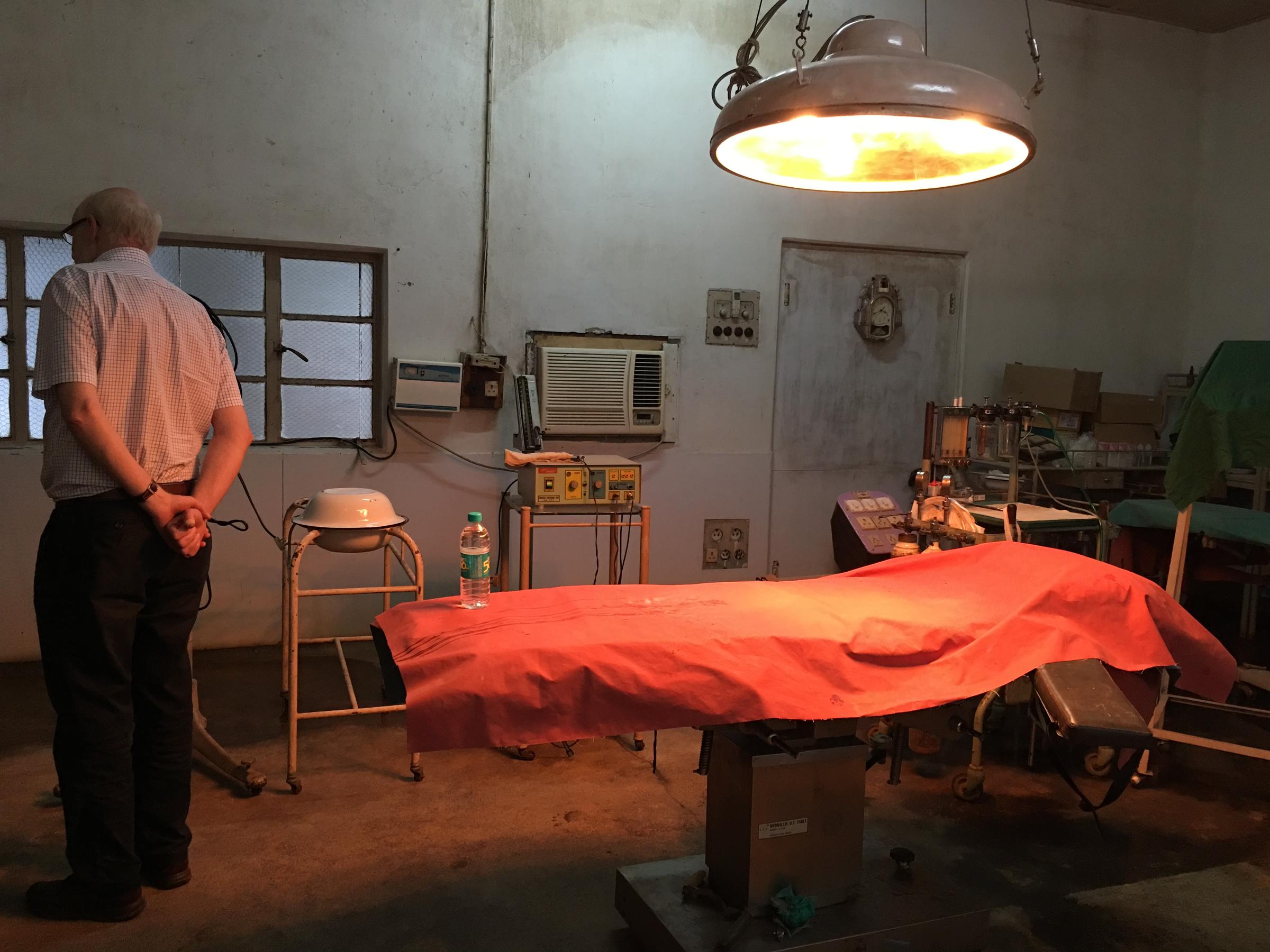PalCHASE

Palliative Care in Humanitarian Aid Situations and Emergencies
The role of humanitarian organisations in delivering palliative care in conflict settings
Rachel Coghlan commenced a PhD with the Centre of Humanitarian Leadership at Deakin University in 2018. She is researching the integration of palliative care into health responses in humanitarian emergencies and crises, with a particular focus on armed conflict settings.
Currently, very little is known about the practice of palliative care in humanitarian contexts, though there is now at least a growing consciousness of need. Little research has focused on palliative care in armed conflict zones; and leadership for research and practice tends to arise from palliative care professionals outside the humanitarian sector. There is also little to guide humanitarian organisations in responding to the suffering of seriously ill or dying people in humanitarian situations with palliative care. With a background in humanitarian health, Rachel’s research will focus on the role of humanitarian health and social care actors in the delivery of basic palliative care in conflict settings.
Humanitarian actors share goals with palliative care professionals to alleviate suffering and uphold dignity. Yet the reality is that in humanitarian emergencies, saving lives is very often given primacy over supporting people with palliative needs particularly where resources are critically scarce; and palliative care has not entered the culture of most humanitarian health organisations. The call for palliative care in humanitarian situations throws wide open the inherent tensions between humanitarian ideals and realities.
It is these tensions which Rachel intends to explore through a study on the delivery of palliative care in Palestine. She is particularly interested in the role of “small but potent” acts of compassionate care for the relief of suffering in contexts where there is often limited or no specialist expertise; and where drugs such as morphine are very often not available. She has written on what compassionate responses to seriously ill and dying people might look like in the context of humanitarian action in the working paper found here:
Rachel has a background in physiotherapy and humanitarian health research, policy and advocacy. She has worked for large humanitarian non-governmental organisations including World Vision and Save the Children. Rachel is also a member of the international group Palliative Care in Humanitarian Aid Situations and Emergencies (PalCHASE).
